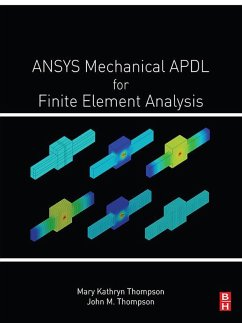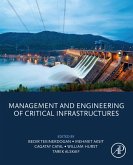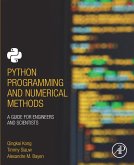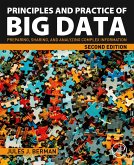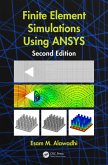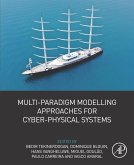The book is written in a lecture/lab style, and each topic is supported by examples, exercises and suggestions for additional readings in the program documentation. Exercises gradually increase in difficulty and complexity, helping readers quickly gain confidence to independently use the program. This provides a solid foundation on which to build, preparing readers to become power users who can take advantage of everything the program has to offer.
- Includes the latest information on ANSYS Mechanical APDL for Finite Element Analysis
- Aims to prepare readers to create industry standard models with ANSYS in five days or less
- Provides self-study exercises that gradually build in complexity, helping the reader transition from novice to mastery of ANSYS
- References the ANSYS documentation throughout, focusing on developing overall competence with the software before tackling any specific application
- Prepares the reader to work with commands, input files and other advanced techniques
Dieser Download kann aus rechtlichen Gründen nur mit Rechnungsadresse in A, B, BG, CY, CZ, D, DK, EW, E, FIN, F, GR, HR, H, IRL, I, LT, L, LR, M, NL, PL, P, R, S, SLO, SK ausgeliefert werden.
Hinweis: Dieser Artikel kann nur an eine deutsche Lieferadresse ausgeliefert werden.

